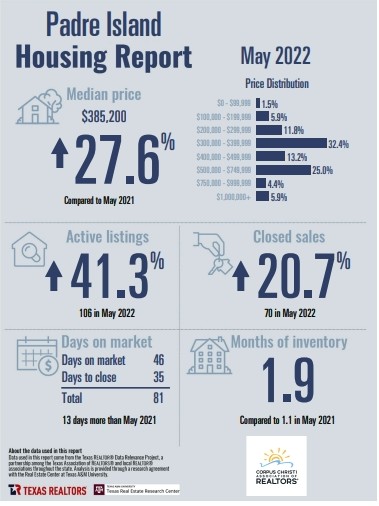Addressing Corpus Christi’s Long-Term Water Needs
By Drew Molly, P.E., Chief Operating Officer of CCW
We all need water to survive, and communities are no different. Without water, communities are not able to
grow and thrive, let alone survive, so its importance to all of us cannot be overstated.
As a coastal community, Corpus Christi has a long, rich history, but none of this would have been possible
without the availability of fresh water. For years, communities in the Coastal Bend have relied on rivers and
manmade reservoirs to meet all of their water needs. However, as more people and businesses have found
their way to our region, this has put greater demands on all public services, including the availability of water.
Only relying on Mother Nature to consistently provide enough rainwater for Corpus Christi to prosper and
grow is no longer a viable solution. This is especially the case when considering the prolonged drought in our
Nueces River Watershed, and the direct impact it has on the reservoir levels of Lake Corpus Christi and Choke
Canyon.
Unfortunately, both the near- and long-term outlooks for getting enough rainfall to address the ongoing water
shortage are not promising. This is why many communities in South Texas are looking at ways to secure
reliable, drought-proof sources of water. Corpus Christi is leading this effort by proceeding with plans to build
a seawater desalination plant along the Inner Harbor that, when operational, will supply up to 30 million
gallons of clean water daily.
Adding this amount of new water to the current system is significant, as CCW (Corpus Christi Water) is
responsible for supplying water to more than 500,000 people in seven counties in the Coastal Bend. The city’s
existing sources of water – the Nueces, Lavaca Navidad and Colorado rivers and related reservoirs – will
remain important, but the addition of a high-capacity desalination plant that consistently generates millions of
gallons of clean, drinkable water will positively counteract the impacts that droughts are having on the system.
It should also be emphasized that the Inner Harbor Seawater Desalination Treatment Plant will be a much
needed second water treatment plant. The entire region depends on one water treatment plant, which was
constructed in 1954 and had one additional treatment module added in 1981. While this facility continues to
operate well, it is time for the Region to add a second facility that provides a completely new and drought-
proof water supply.
The stakes are high, but much thought and research has gone into the process, which is nearly 20 years in the
making. Besides adding much-needed water to the local supply, the new desalination plant will be fully
integrated into the city’s existing infrastructure and regional system, as well as lead to improvements in the
local power grid and create an estimated 3,500 construction-related jobs.
This is all being done in a fiscally responsible, sustainable way that ensures we have a resilient water supply for
years to come. Great care is also being taken to be environmentally responsible. In short, we are utilizing
science and data to make sure the project is safe for sea life and will have minimal impact on our existing
waterways.
Bottom line, seawater desalination is a sustainable and responsible solution that not only helps us meet the
city’s current and future demands for water, but it also provides a reliable, cost-effective and drought-proof
source of water for years to come using technology that is currently being used worldwide by many other
communities. To learn more about this important project, visit www.desal.cctexas.com.






 TWIA NEWS…….
TWIA NEWS…….
